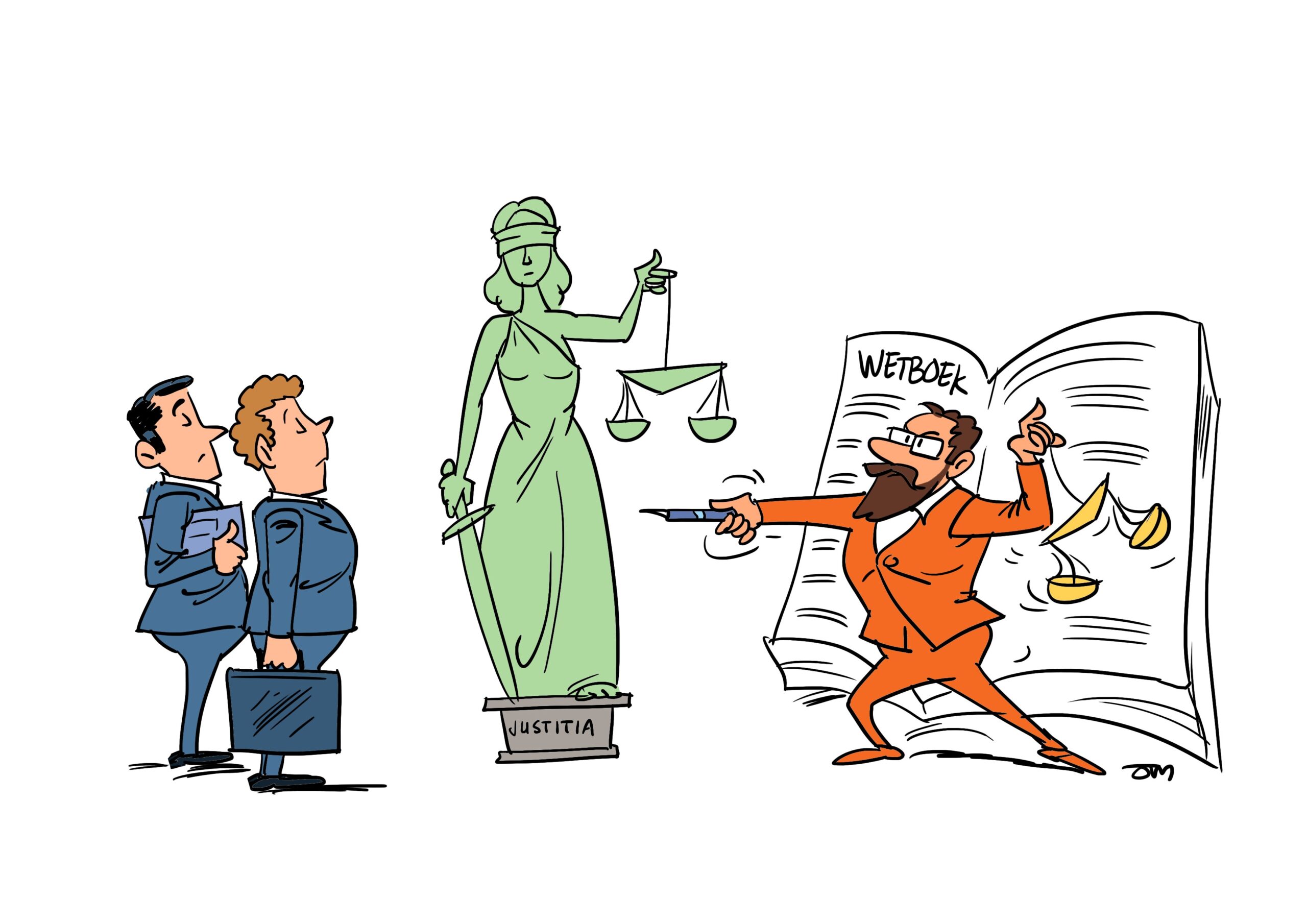We are frequently contacted by foreign companies that are subcontracting in the Netherlands at the site of the client. This is regarded a deemed employment.
What is deemed employment
In the Netherlands employment is not required to be agreed upon in writing. You can have a verbal agreement as well. The tax office has added to the two possibilities the deemed employment. Neither party has agreed on a verbal or written employment, but still the tax office can determine it is employment.
Employment is a situation where a person works under instruction, at the location of a company and is being paid for the job done.
Subcontracting
Subcontracting is a company that is being asked to work at the site for a company. Subcontracting is done at an hourly rate.
We are frequently contacted by a foreign company who would like to be registered in the Netherlands for tax purposes. If we then make inquiries, we learn that the situation is that of subcontracting. We then inform the contract is in fact employment.

Anti-exploitation legislation
The employment of the subcontracting is subject to anti exploitation legislation. The contractor might not think he or she is being paid such a low reimbursement that this is regarded exploitation. This legislation finds it origin in mainly Polish fruit laborers who were paid a too low hourly rate. So low, it was regarded exploitation. Hence the legislation. The legislation is not limited to the fruit and vegetable industry, but to all contractors.
Waadi
The anti exploitation legislation introduced Waadi rules which imply that subcontractors being a deemed employee is working under the ABU collective labour agreement. The collective labour agreement has minimum income requirements and regular social benefits among which an obligatory pension insurance that kicks in after six months of deemed employment.
Comply with Waadi
The subcontractor complies with the Waadi rules when he is employed by a company that is registered in the Netherlands with the Dutch Chambers of Commerce as a Waadi company. This can be the subcontractor his own foreign limited liability company or a payrolling company.
Payrolling
A payrolling company is a company that takes the subcontractor on their payroll and pay him or her a salary. The client is invoiced by the payrolling company for the costs they make for employing the subcontractor. When you ask us what should you do, register your own company or use the services of a payrolling company, we recommend a payrolling company. Much less formalities and the moment the contract ends you can simply walk away without tax filing obligations in the following year to close the business.
Penalties
The penalties to make the anti-exploitation legislation actually being applied are such, that most companies only accept subcontractors that are a Waadi registered company. The penalties start with EUR 12.000 for the subcontractor and the company working with the subcontractor. The next penalty is EUR 24.000 and the highest penalty is EUR 36.000. These are so called show stoppers.
Exception to the rule
The exception to the rule of the above mentioned deemed employment is in the situation that the risk of the contract only turns to the client after the client approved the job. This can only be the case when the job is a construction of something. The most common example in the Netherlands is building a vessel. Only when the client approves the vessel, the vessel is under his risk.
In that situation there has never been a situation in which employment could have been stated.
Orange Tax Services
We do not provide the above mentioned payrolling services. We provide payrolling services for companies that have employees working for their company. For instance, you have a salesman running from home to sell as good as he can your product. Your company is abroad, let us say the USA. Then we can run a payroll for your company. Our service level is such that we can do everything for you, except transferring the money to us. Even the money transfer we can do without bank charges.





